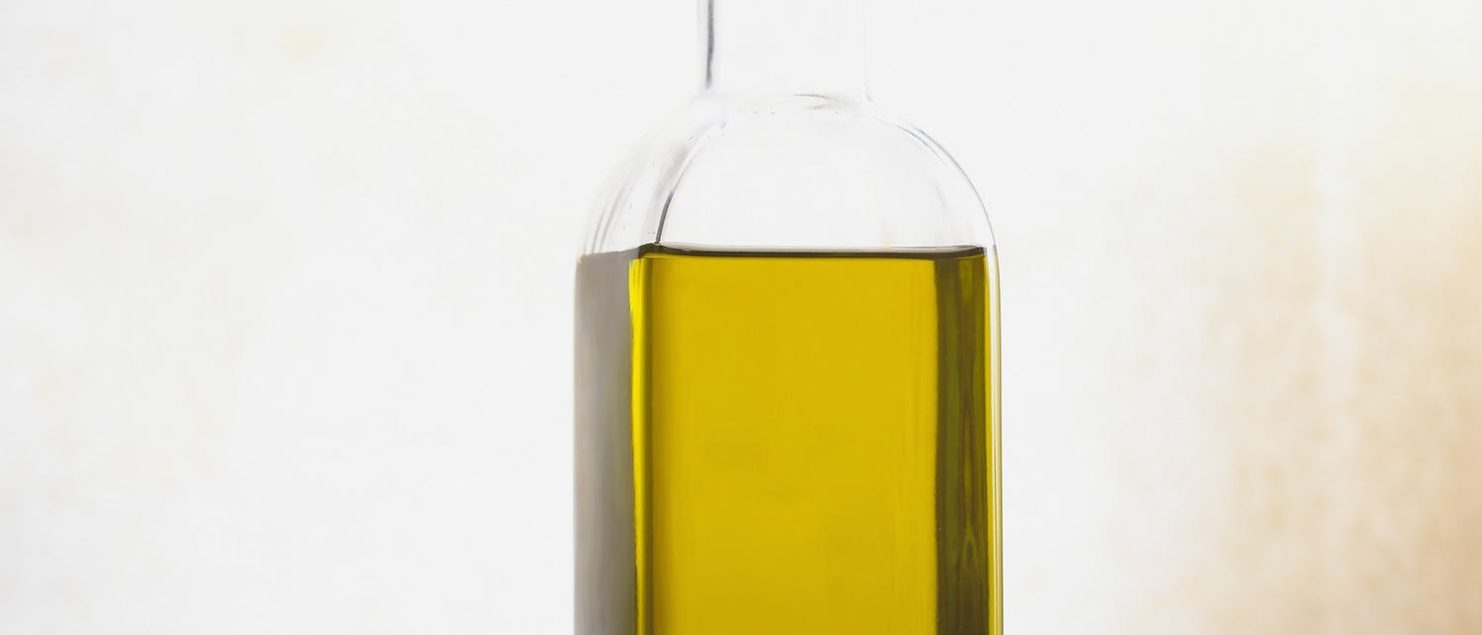Consumption of extra virgin olive oil found to reduce the need for medication in diabetic patients
Consumption of extra virgin olive oil found to reduce the need for medication in diabetic patients.
According to a new study from the University of Navarra included in Predimed.
Diabetics who follow a Mediterranean diet rich in extra virgin olive oil (EVOO), could reduce their need for medication up to 22% in the long term. This is according to a study carried out by researchers at the Health Service in Navarra along with the School of Medicine at the University of Navarra. The study was directed by Professor Miguel Ángel Martínez González.
The results of this research are part of the study on Primary Prevention of Cardiovascular Disease with a Mediterranean Diet Supplemented with Extra-Virgin Olive Oil or Nuts (PREDIMED in Spanish).
These results follow a large scale clinical trial, involving health centres in Spain, and particularly in Navarra. More than 3230 diabetic patients were assessed over a period of 3.2 years.
Every patient was randomly assigned a diet out of 3 variables. One group was allocated a Mediterranean diet with extra virgin olive oil (EVOO); a second group, a Mediterranean diet supplemented with mixed nuts. On the other hand, the control group was prescribed a low-fat diet.
The study found that those assigned the Mediterranean diet enriched with extra virgin olive oil (EVOO), relatively reduced the need to start anti-diabetic medication, both in oral and injectable form, up to 22%when compared to the control group.
The main author of the study, Doctor Javier Basterra, consultant in Endocrinology and Nutrition at the Hospital Reina Sofía in Tudela and associate researcher at the School of Medicine in the University of Navarra, highlights that the positive effect could be due to the change in the general composition of the dietary pattern used in PREDIMED.
Basterra also states that the improvement cannot be attributed to either a lower calorie intake, weight loss or an increase in physical activity since there were no differences between the three groups.
Furthermore, Doctor Fernando Arós, from the Spanish Biomedical Research Centre in Physiopathology of Obesity and Nutrition (CIBERobn) and senior author of the study, explains how the lower need for medication with the model of a Mediterranean diet with extra virgin olive oil (EVOO) is probably reflected in a better glycaemic control achieved through this diet throughout the study.
Article published by Olimerca and translated by Cecilia Fontelles

